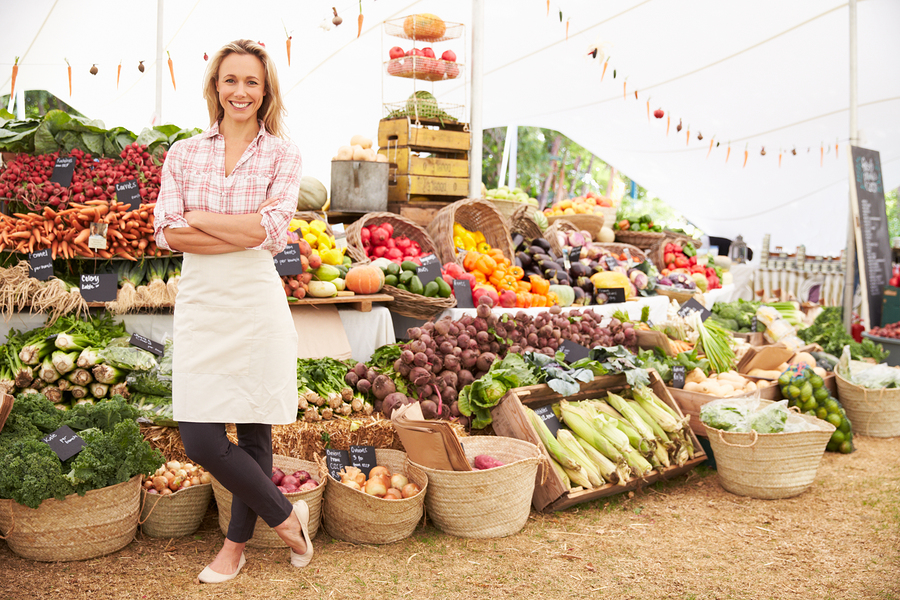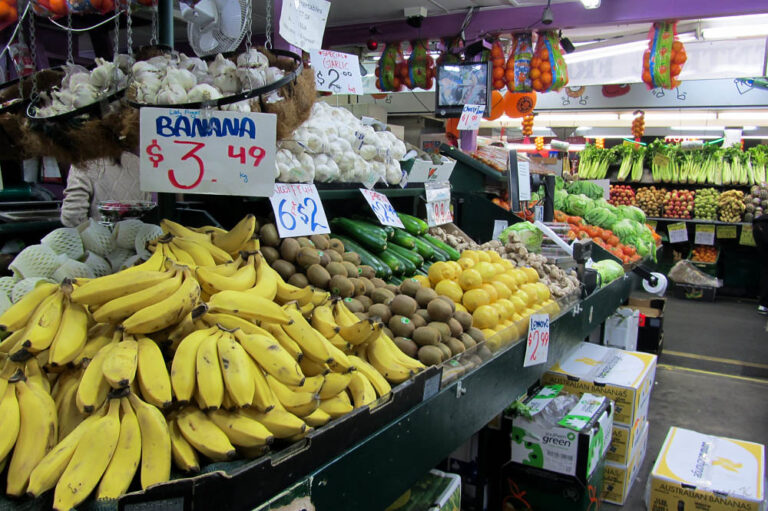As someone who cares about the environment and the future of our planet, I have always been interested in sustainable agriculture.
Sustainable agriculture is a farming practice that focuses on protecting the environment, expanding the Earth’s natural resource base, and maintaining and improving soil fertility.
It is a way of farming that is designed to be sustainable over the long term, and it has many benefits for both farmers and consumers.
One of the most significant benefits of sustainable agriculture is that it helps to protect the environment. Sustainable farming practices are intended to reduce the negative impact of agriculture on the environment, such as soil erosion, water pollution, and loss of biodiversity.
By using sustainable farming practices, farmers can reduce their use of harmful chemicals and pesticides, which can have a significant impact on the health of the soil and the surrounding ecosystem.
Another benefit of sustainable agriculture is that it can help to support local farmers and communities.
By supporting sustainable agriculture practices, we can help to create a more resilient and sustainable food system that is less reliant on large-scale industrial farming.
This can help to support local economies and create jobs, while also providing consumers with access to fresh, healthy, and sustainable food.
Environmental Benefits
Sustainable agriculture practices have many benefits for the environment. In this section, I will discuss some of the most important environmental benefits of sustainable agriculture.
Reduced Soil Erosion
Sustainable agriculture practices help to reduce soil erosion. Soil erosion occurs when soil is moved by wind or water, and it can have a number of negative impacts on the environment.
For example, soil erosion can lead to reduced soil fertility, increased sedimentation in rivers and streams, and decreased water quality.
Sustainable agriculture practices, such as conservation tillage and cover cropping, help to reduce soil erosion by protecting the soil from wind and water erosion.
Improved Soil Health
Sustainable agriculture practices also help to improve soil health. Healthy soil is essential for growing crops, and it also plays an important role in the environment. Healthy soil can help to reduce erosion, improve water quality, and sequester carbon.
Sustainable agriculture practices, such as crop rotation and the use of cover crops, help to improve soil health by increasing soil organic matter, improving soil structure, and reducing soil compaction.
Conservation of Water Resources
Sustainable agriculture practices also help to conserve water resources. Water is a precious resource, and it is essential for growing crops.
Sustainable agriculture practices, such as drip irrigation and the use of drought-tolerant crops, help to conserve water by reducing water use and improving water efficiency.
Reduced Greenhouse Gas Emissions
Sustainable agriculture practices also help to reduce greenhouse gas emissions. Greenhouse gases, such as carbon dioxide and methane, contribute to climate change.
Sustainable agriculture practices, such as reduced tillage and the use of cover crops, help to reduce greenhouse gas emissions by sequestering carbon in the soil and reducing the need for synthetic fertilizers.

Economic Benefits
Increased Profitability for Farmers
Sustainable agriculture practices can help farmers increase their profitability.
By using techniques such as crop rotation, cover cropping, and reduced tillage, farmers can improve soil health and reduce the need for expensive fertilizers and pesticides.
This can lead to lower production costs and higher profits for farmers. Additionally, sustainable farming practices can help farmers access new markets and premium prices for their products.
Stable Food Prices
Sustainable agriculture can help stabilize food prices by reducing the volatility of agricultural production.
By using techniques such as crop diversification and intercropping, farmers can reduce the risk of crop failure due to weather or pests.
This can help ensure a stable supply of food and reduce price spikes due to shortages.
Additionally, sustainable agriculture can help reduce the need for expensive inputs such as fertilizers and pesticides, which can help keep food prices affordable for consumers.
Job Creation
Sustainable agriculture can create jobs in rural communities. By adopting sustainable farming practices, farmers can increase their productivity and profitability, which can lead to the creation of new job opportunities.
Additionally, sustainable agriculture can help support local food systems, which can create jobs in food processing, distribution, and retail. This can help revitalize rural communities and provide new economic opportunities for residents.
Overall, sustainable agriculture can provide economic benefits for farmers, consumers, and rural communities. By adopting sustainable farming practices, we can create a more resilient and prosperous agricultural system.
Social Benefits
Sustainable agriculture not only contributes to the preservation of the environment but also brings about significant social benefits.
In this section, I will discuss three key social benefits of sustainable agriculture: improved public health, enhance community development, and increased access to local, healthy food.
Improved Public Health
Sustainable agriculture practices promote the use of natural fertilizers and pesticides, which are less harmful to human health than their synthetic counterparts.
By reducing the use of harmful chemicals, sustainable agriculture helps to reduce the risk of exposure to toxic substances for both farmers and consumers.
This can lead to improved public health outcomes, including lower rates of cancer, respiratory problems, and other health issues related to chemical exposure.
Enhanced Community Development
Sustainable agriculture can also contribute to the development of stronger, more resilient communities.
By promoting local food systems and reducing reliance on global supply chains, sustainable agriculture can help to build stronger local economies and create jobs within the community.
This can lead to greater economic stability and improved quality of life for community members.

Increased Access to Local, Healthy Food
Sustainable agriculture also promotes the production and consumption of local, healthy food.
By reducing the distance between food production and consumption, sustainable agriculture can help to increase access to fresh, healthy food for all members of the community.
This can lead to improved health outcomes, particularly for low-income individuals and families who may not have access to healthy food options.
In conclusion, sustainable agriculture has numerous social benefits, including improved public health, enhanced community development, and increased access to local, healthy food.
By prioritizing sustainable agriculture practices, we can create a healthier, more equitable, and more sustainable future for ourselves and future generations.











